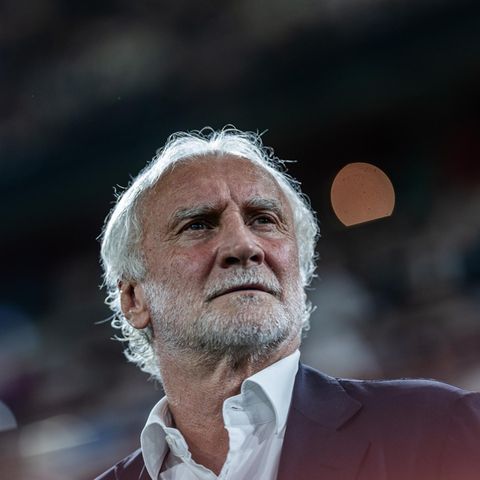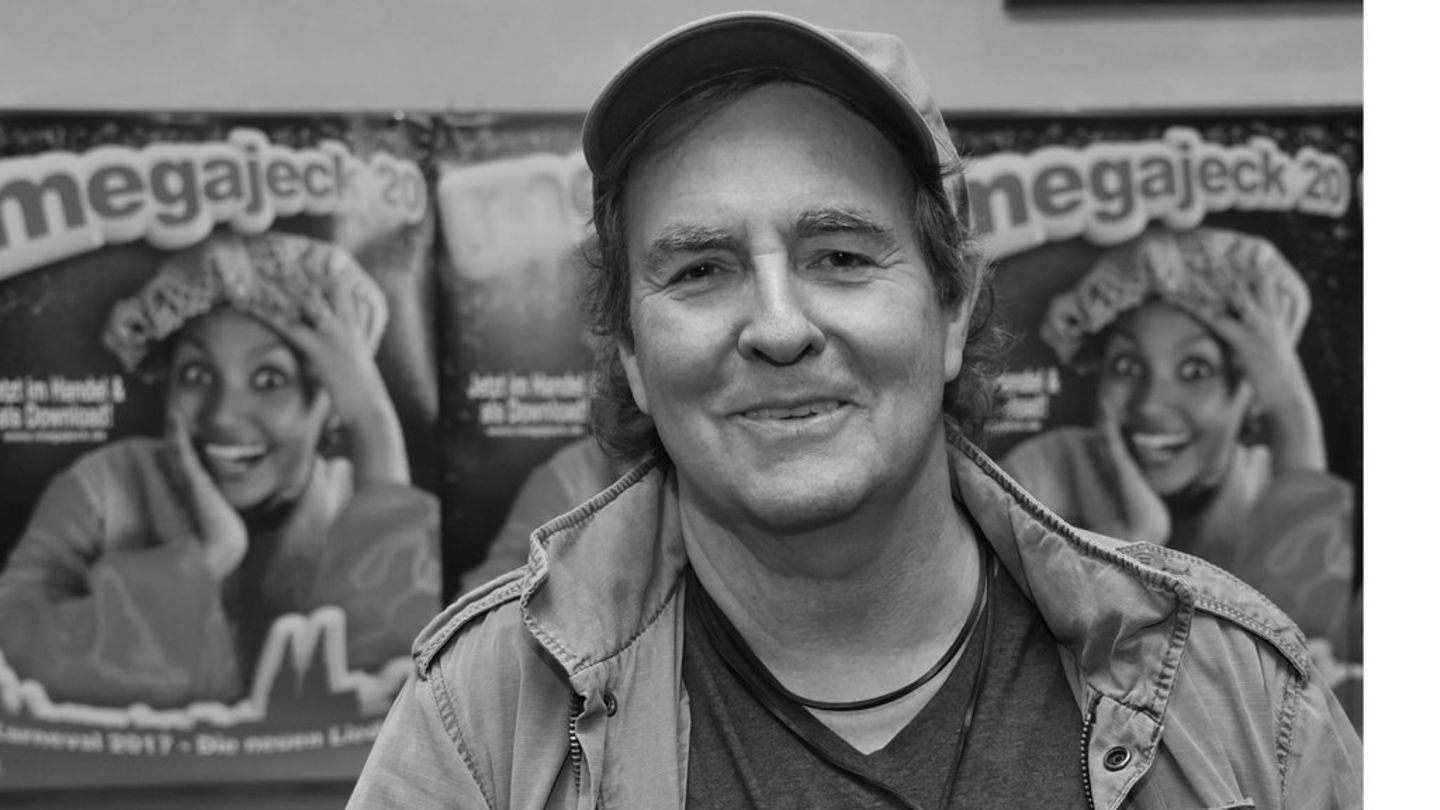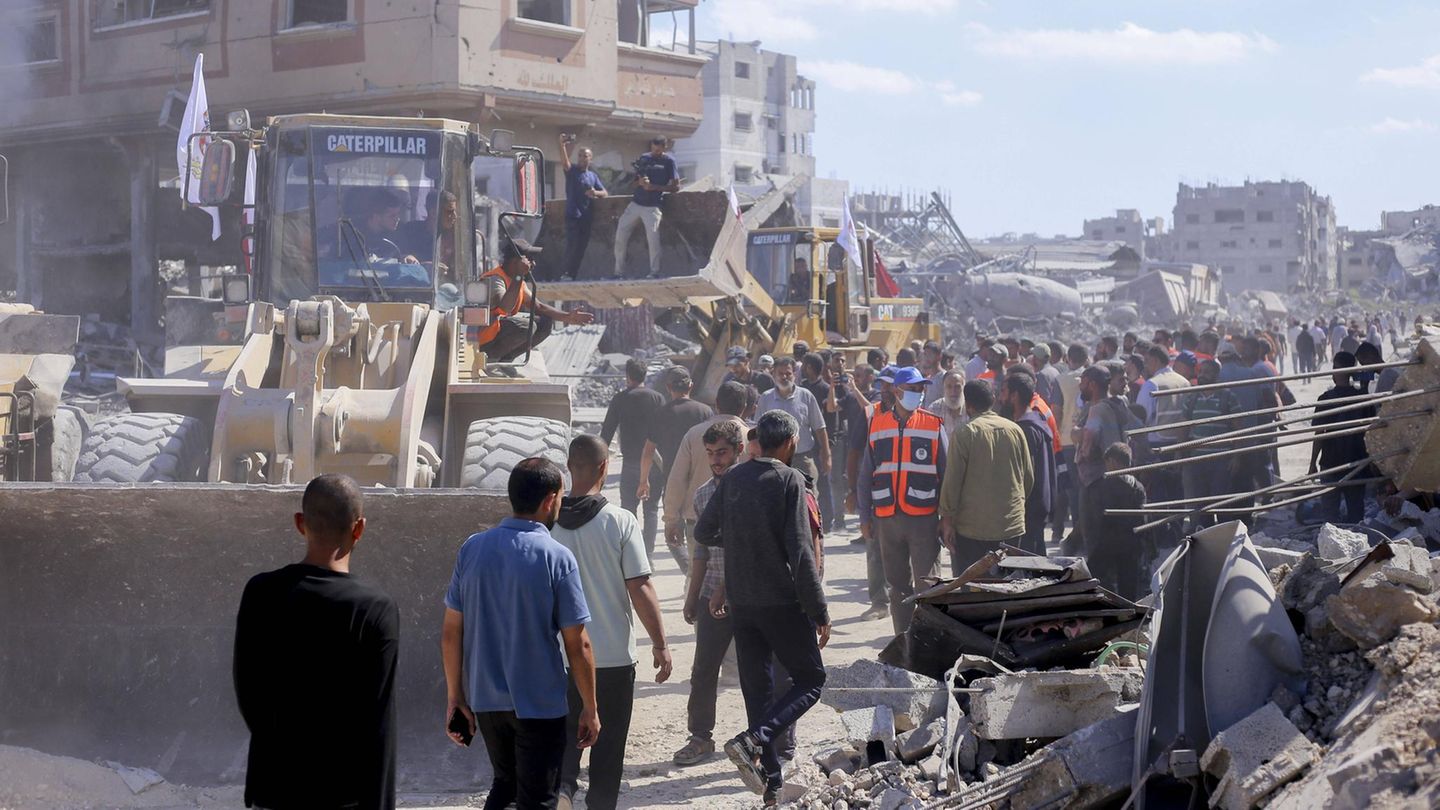Image: Antonio Bayer
A narrow staircase leads to the first floor of the building, which is located in the middle of Wels city center. Loud children’s laughter and clattering of dishes can be heard. A little later two children appear and proudly show her “Rich” – two smaller rooms connected by a door with an adjoining bathroom. The communal kitchen is just around the corner.
The two siblings have been living here with their mother for two months “Family living group” from mopäd (mobile pedagogy). Families who, for various reasons, can no longer cope with everyday life including raising children, can live in this facility, which is financed by the state’s child and youth welfare system, for around a year. The children continue to go to school, the parents go to work. At the same time, the families receive social-educational support around the clock from the seven carers and therapists who currently live in the building.
“The aim of the facility is, on the one hand, to avoid child adoption. Instead, the preservation of the family and, on the other hand, their independence should be promoted”says managing director Günther König. Because, says König, every child removal is for those affected “a trauma, no matter what happened”. By being placed in a home “The child is wrongly given the label: ‘I have to go because it’s my fault.'”
Working with family systems
Six living spaces are available here in Wels. These can be used by both parents or just one parent and children. Opened in 2018 as an Upper Austrian pilot project in Traun, the facility has now become established nationwide, says König.
During care and therapy, particular attention is paid to working with the respective family systems, he says.
Every family gets their own “Relief plan”. “Children are embedded in this system, and this is where the problems arose.” Hence the facility “not a repair shop for children”, as König emphasizes. First of all, it’s about maintaining the ties – and then about strengthening them.
80 percent success rate
Many problems within the family also arise from a lack of resources such as help from relatives, says team leader at mopäd and regional manager Karin Karg. It is therefore all the more important to convey the idea of this to families here “extended family” to convey. It is important, says König, that those affected help and support each other.
Despite all efforts, not every family stays together after moving out. King speaks of one “80 percent success rate”because: “There will always be children and young people who have to be taken away from their parents.”
My themes
For your saved topics were
new articles found.

info By clicking on the icon you can add the keyword to your topics.
info
Click on the icon to open yours “my themes” Page. They have of 15 keywords saved and would have to remove keywords.
info By clicking on the icon you can remove the keyword from your topics.
Add the topic to your topics.
Source: Nachrichten




